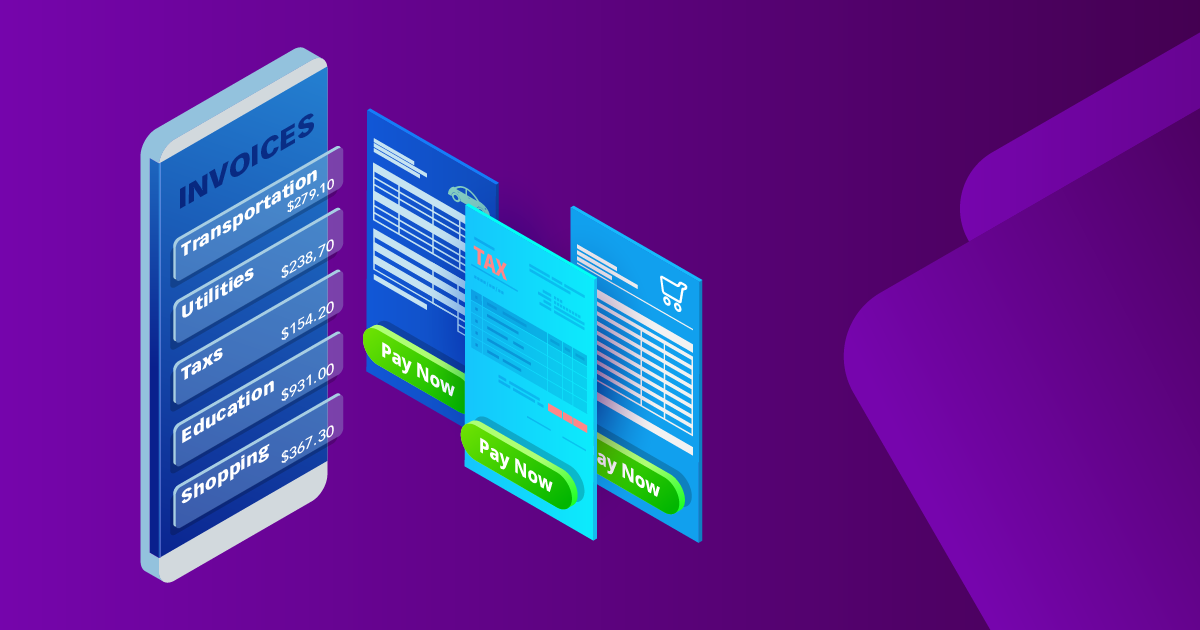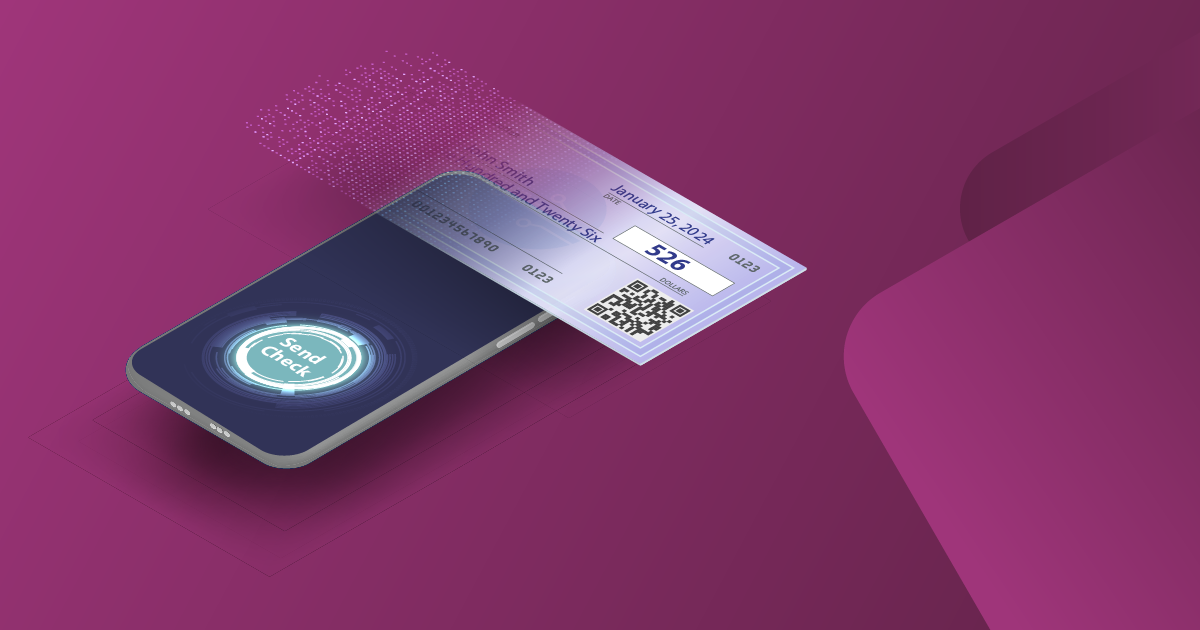
A Dynamic Synergy: Mobile and Electronic Bill Payments
March 10, 2024

The dynamic landscape of the digital realm has witnessed significant evolution across multiple sectors, with the financial industry emerging as a leader in this transformation. Mobile payments have revolutionized the way financial transactions are conducted, offering users unparalleled convenience with just a tap. Electronic bill payments have played a pivotal role in this transformation, offering users a seamless and convenient way to settle bills, propelling the widespread adoption of mobile payments.
Evolution of Electronic Bill Payments
Traditional bill payments often involved receiving paper bills and making payments either in person with cash or by writing checks and mailing them. This process was time-consuming, often requiring in-person visits or waiting for mailed checks to be processed.
With the advent of electronic bill payments, individuals and businesses gained the ability to make payments more efficiently and securely through digital channels. Initially, online banking paved the way for this transition, offering users the privilege to manage and settle their bills from anywhere, at any time.
Since mobile payments were designed to offer users maximum convenience, electronic bill payments happened to perfectly align with this principle. Today, through dedicated mobile payment applications, users can effortlessly schedule recurring payments, track their payment history and receive notifications for due bills. This level of automation not only saves time but also minimizes the risk of missed payments, leading to improved financial management in one consolidated platform.
Integration of Electronic Bill Payments with Mobile Wallets
As mobile payment technologies advanced, electronic bill payments seamlessly integrated with mobile wallets. Users could now link their bank accounts or credit cards to mobile wallet applications, consolidating their financial activities into a single, user-friendly interface. This convergence of electronic bill payments and mobile wallets further streamlined the payment process, enhancing user experience, encouraging wider adoption and offering a multitude of advantages that include:
-
Enhanced Financial Tracking
With the surge of mobile payments, electronic bill payment systems offer a significant advantage in tracking and analyzing spending habits. Users gain access to detailed breakdowns of their financial transactions, comprehensive spending history logs and effortless expense categorization. This data-driven approach to financial management provides users with a clear understanding of their spending patterns, enabling them to make better financial decisions. Ultimately, electronic bill payments foster improved financial health by empowering users to take control of their spending and make informed choices.
-
Positive Environmental Impact
Electronic bill payment systems not only offer convenience and security but also align with sustainability objectives. By reducing the usage of paper for billing statements and checks, it adopts a more environmentally friendly approach to financial transactions. This shift towards digital payments fosters environmental responsibility, making mobile payments a greener option compared to conventional payment methods.
-
Robust Security Measures
Electronic bill payment systems prioritize the protection of user information during online transactions. These systems employ encryption technologies to safeguard data and implement multi-factor authentication for added security.
In addition to its inherent security measures, electronic bill payment systems seamlessly integrate with the robust security protocols of payment gateways. These include multi-factor authentication, encryption, tokenization and biometric verification. By leveraging the advanced threat detection and prevention capabilities of established payment gateways, bill payment systems bolster protection against identity theft and fraudulent transactions. This seamless integration not only enhances overall security but also instills confidence while minimizing risks associated with digital payments.
Furthermore, the incorporation of close-knit payment processes, such as payment initiation and completion provided by electronic bill payment systems, allows for tracking and finalizing payments, ensuring that services are delivered only upon successful confirmation of payment processing. These measures guarantee that users have a confident and secure experience when making online payments.
Electronic bill payments stand at the forefront in the evolution of mobile payments, offering advantages such as convenience, security and environmental consciousness. Its seamless integration into modern lifestyles reflects a commitment to sustainable and more efficient financial practices. As technology continues to evolve, we can only expect further innovations to reshape the landscape of financial transactions.






